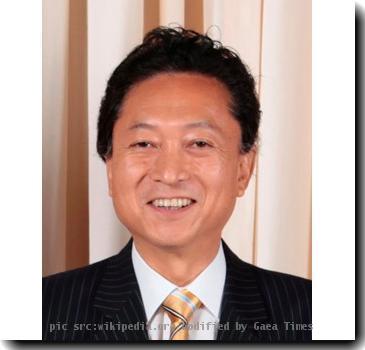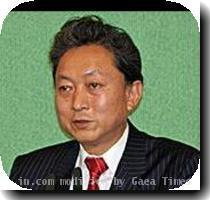As Japan aims to cut spending, it opens up messy process to public eye - and people love it
By Malcolm Foster, APFriday, November 27, 2009
Japanese flock to first-ever open budget debate
TOKYO — Japanese flocked to a large gymnasium in central Tokyo in recent weeks to see what for them was an unusual sight: senior bureaucrats being grilled over their budget requests for next year.
“Why is it just the Defense Ministry that is asking for a staff increase?” asked a particularly combative lawmaker, Renho, who goes by only one name. Later she demanded, “Could you give me a more compelling explanation please?”
In a major break with the past, new Prime Minister Yukio Hatoyama has introduced a public review of the budget. His party, which ousted the long-ruling conservatives in August, has promised to cut wasteful spending and make policymaking more transparent.
Hatoyama also wants to rein in Japan’s powerful bureaucrats, who exerted tremendous influence over policy under the conservatives, and empower the elected parliament.
TV footage showed Defense Ministry official Toru Horichi looking exhausted and deflated after the review panel, which is making recommendations to the prime minister, rejected a proposal to increase military hiring.
“I failed to convince them,” he said. “I could not convey what I meant to explain, even though I see hardworking and struggling soldiers every day. I feel so sorry for them.”
The proceedings, which wrapped up Friday, are an experiment with a more open — and some would say sloppy — form of democracy. Some have criticized them as too hasty or a publicity stunt, though surveys show widespread public support.
The review has gotten plenty of air time on television and seems to be reviving public interest in politics, which many Japanese have come to see as largely irrelevant to their lives.
“This kind of thing is fundamental to democracy. Before, things were too secretive,” said Yoshitomo Yokoyama, a 77-year-old retiree who came to watch. “This is definitely a positive change.”
Earlier this month, the live webcast of the proceedings was temporarily clogged because so many people wanted to watch it, and organizers had to restrict entry on Thursday and Friday when too many spectators showed up.
With government debt swollen by years of public works and other spending, the need to cut the budget is real. Hatoyama wants to slash at least 3 trillion yen ($34 billion) from 95 trillion yen ($1.1 trillion) in budget requests for the fiscal year starting in April.
The most widely heard criticism is that the review process has been too fast and pushy.
The screening panel of lawmakers and experts, divided into three groups separated by makeshift walls in the gym, has flown through 450 projects in nine days — sometimes scheduling just 25 minutes for a budget item.
The panel has recommended scores of cuts in areas such as overseas development aid, libraries and Japan’s space program. Delegates to next year’s Asia-Pacific Economic Cooperation summit in Yokohoma might find themselves in humbler lodging than in the past after the panel said spending needed to be slashed 20 percent.
Final spending decisions will be made later by the Hatoyama government.
Proposed cuts in scientific research funding, including for supercomputer development, triggered an outcry from a string of Japanese Nobel Prize-winning scientists, who held a series of press conferences blasting the panel as misguided and shortsighted.
“Open debate over public projects is fine, but promotion of science and technology and development of human resources is not about cost. It’s an investment for the future,” said Ryoji Noyori, director of the government-backed Riken institute, who shared the Nobel chemistry prize in 2001 with two Americans.
Defense Minister Toshimi Kitazawa also wasn’t happy. He said Friday it was inappropriate that most members of the review team were not national security experts.
“The screening merely focused on cost reduction, which I thought was totally missing the point,” he said.
But Mizuho Fukushima, minister of gender equality and consumer affairs, said she hoped the screening would become an annual event to further promote transparency in government.
A survey conducted Nov. 21-22 by the Mainichi newspaper showed more than 70 percent of respondents supported the budget review. The paper polled 1,066 eligible voters. It didn’t give a margin of error, but a poll of that size usually has a margin of error of around 5 percentage points.
Taxi driver Koji Iwano said the public review will bring some fiscal discipline to Japan.
“It’s clear that the spending until now was irresponsible,” said Iwano, a 43-year-old from Saitama, north of Tokyo. “If Japan were as careful as many mothers are about watching their family’s budgets, we’d be better off.”
Associated Press writer Mari Yamaguchi contributed to this report.
Tags: Asia, East Asia, Foreign Aid, Japan, Nobel Prizes, Scientific Prizes And Competitions, Tokyo, Yukio Hatoyama

